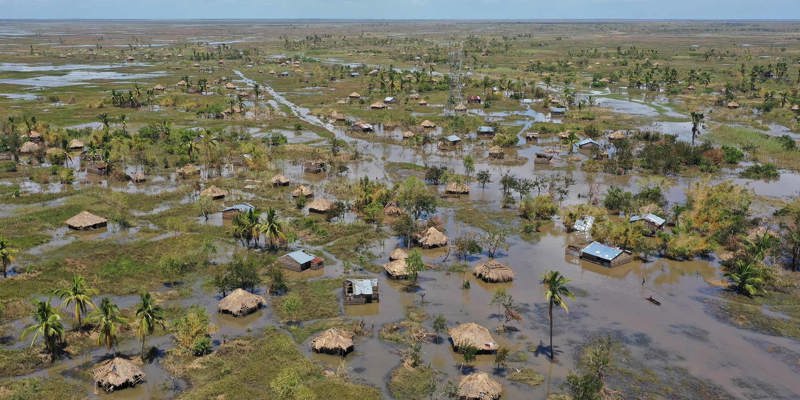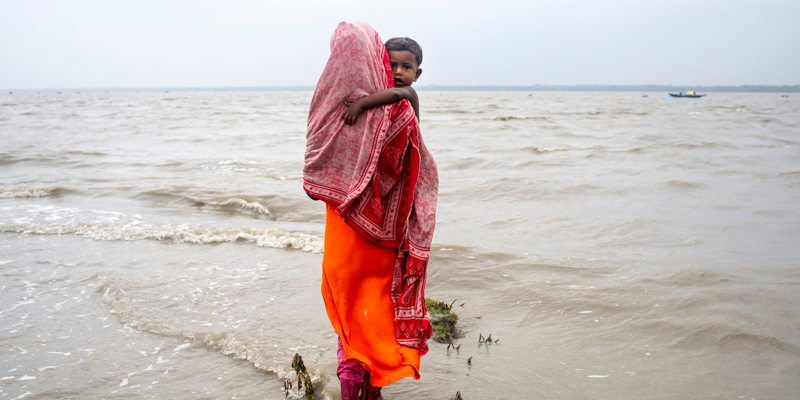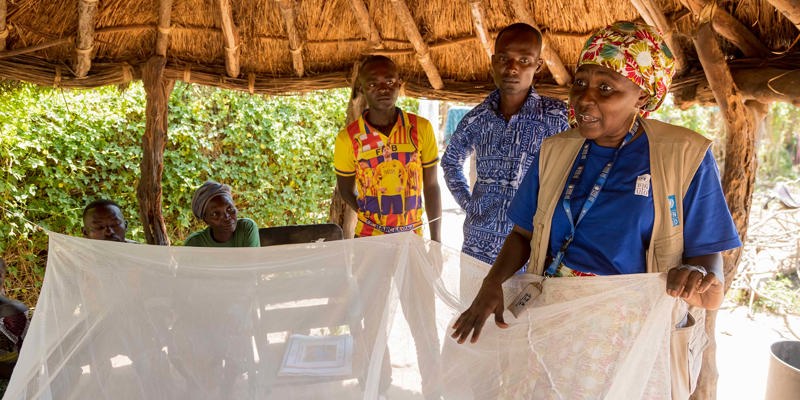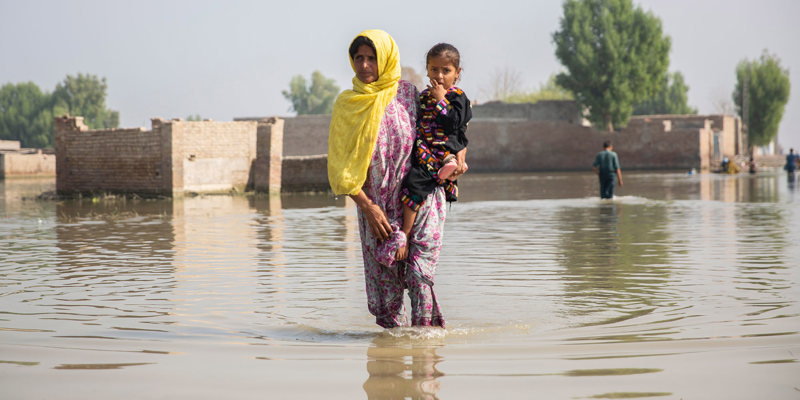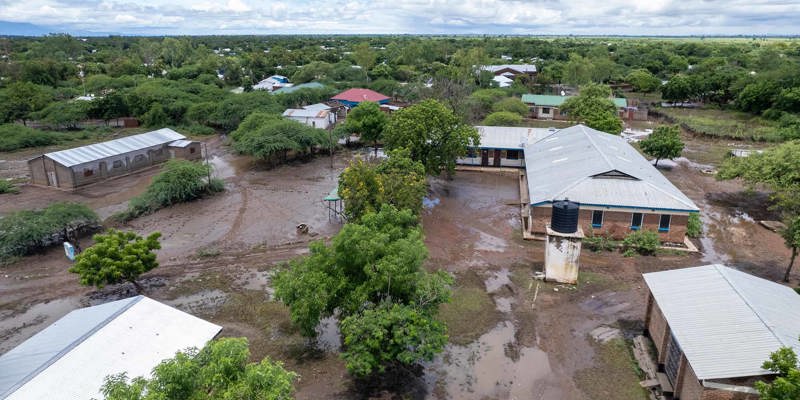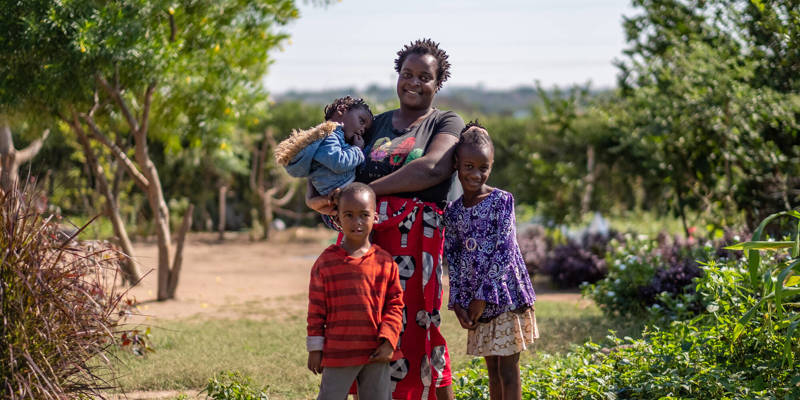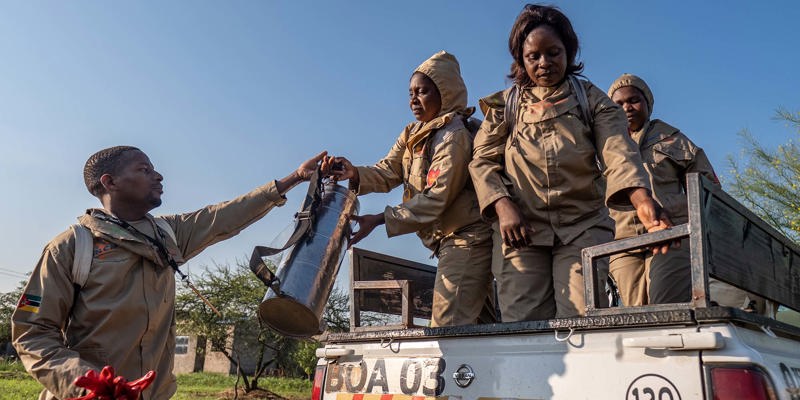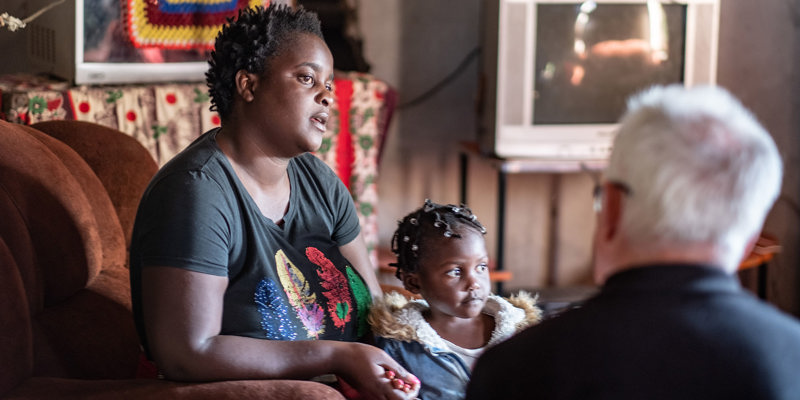The Challenge
Climate change is the largest global health challenge of the 21st century. It represents a profound threat to the Global Fund’s mission to defeat HIV, tuberculosis (TB) and malaria, save lives and build a healthier, safer, more equitable world for all.
While the threat of the climate crisis is universal, the speed and severity of the impacts are not. Countries that are the least responsible for carbon emissions are often the most vulnerable to its effects and the least able to adapt. They are often countries with a high disease burden, where the Global Fund has made significant investments in HIV, TB and malaria programs and health and community systems.
Malaria is one of the most climate-sensitive diseases. Temperature changes, shifting rainfall patterns and extreme weather events are affecting the spread of malaria. Climate change is expanding mosquito habitats to higher elevation areas and making the malaria transmission season longer.
Climate change also jeopardizes our mission to end AIDS and TB. Climate disasters and extreme weather events are causing people to become displaced. This leads to disruptions in health service delivery and essential diagnosis and treatment services, which in turn can lead to increased disease transmission and drug resistance.
Compounding these challenges, climate change impacts the Global Fund’s mission to reduce health inequities by worsening existing inequalities and vulnerabilities of people affected by HIV, TB and malaria.









